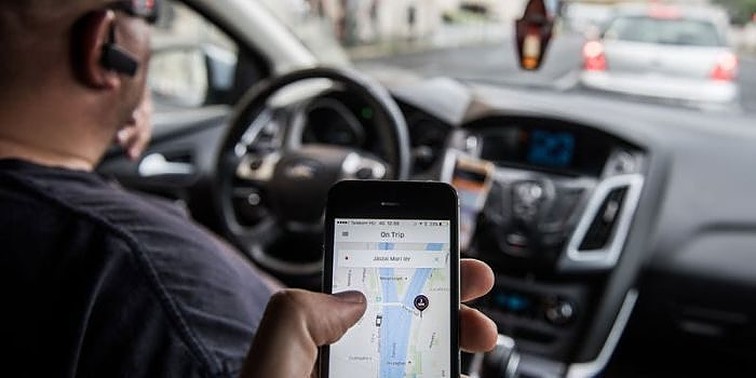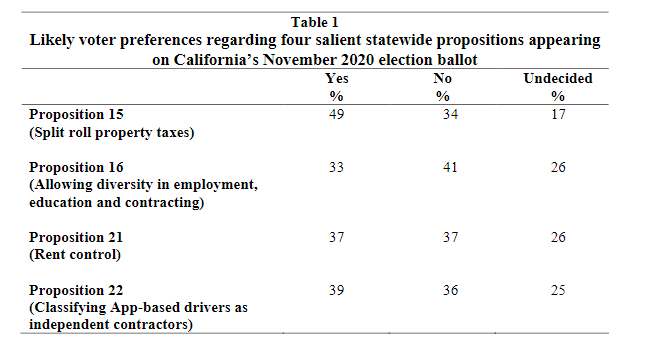Uber and Lyft have been ordered to classify their drivers as employees, not independent contractors after losing their appeal in a California court. A court ruling had earlier been rendered on August 10 that ordered the ride-hailing companies to classify the drivers as employees within 30 days of the ruling.
The ride-hailing companies had appealed the decision afterwards, and now, the Appeal Court has given its verdict which affirmed the previous ruling of August 10.
In light of the ruling, the ride-hailing companies are pushing heavily for the drivers and other California voters to vote in favour of Prop 22 in November. Prop 22 is a measure that will exempt gig workers like Uber, Lyft and Doordash drivers from the law that demands that they classify drivers as employees and provide them with benefits like paid sick leave.
Reacting to the ruling, an Uber spokesperson said, “Today’s ruling means that if the voters don’t say Yes on Proposition 22, rideshare drivers will be prevented from continuing to work as independent contractors, putting hundreds of thousands of Californians out of work and likely shutting down ridesharing throughout much of the state.”
The latest court ruling has until 30 days to take effect, which means that the voting on Prop 22 may occur before then.
With a lot riding on Prop 22, the companies are using traditional media as well as in-app messages to communicate their stance.
Uber drivers have, however, complained of being barraged with endless messages and warnings about what would happen if Prop 22 is not voted in. The drivers claim that this violates their rights as workers especially because they have to click “OK” before they can move forward in the app.


On this claim that Uber is “illegally exploiting its economic power over its California-based drivers by pressuring them to support the Yes on 22 campaign”, the drivers are suing and demanding up to $260 million in penalties.
Because the message is also one-sided and does not talk about the benefits of voting against Prop 22, the drivers expressed that they feel pressured to support Uber’s point of view. An Uber driver who is also one of the plaintiffs, Ben Valdez said, “Almost every time we log on, we are fed more one-sided information to pressure us into supporting Prop 22”.
The driver’s suit is seeking to also stop Uber from showing any messages in-app, including videos of drivers speaking about why Prop 22 is the way forward and should be voted.
The drivers claim that it is false that majority are in favour of the ballot measure, however, a likely voter preference showed that 39% would likely vote favour of Prop 22, 36% would likely vote against and 25% would likely be undecided about it.


Recall that TechNext estimated that Uber could be paying as much as $806.4Million monthly in salaries to its California drivers. This does not bode well for the ride-sharing company which is yet to record profit or break even after 11 years in business.
Uber and Lyft’s threat of shutting down in California may well come to pass if Prop 22 is not voted in, causing the 200,000 Uber drivers and 300,000 Lyft drivers to lose a source of income.






